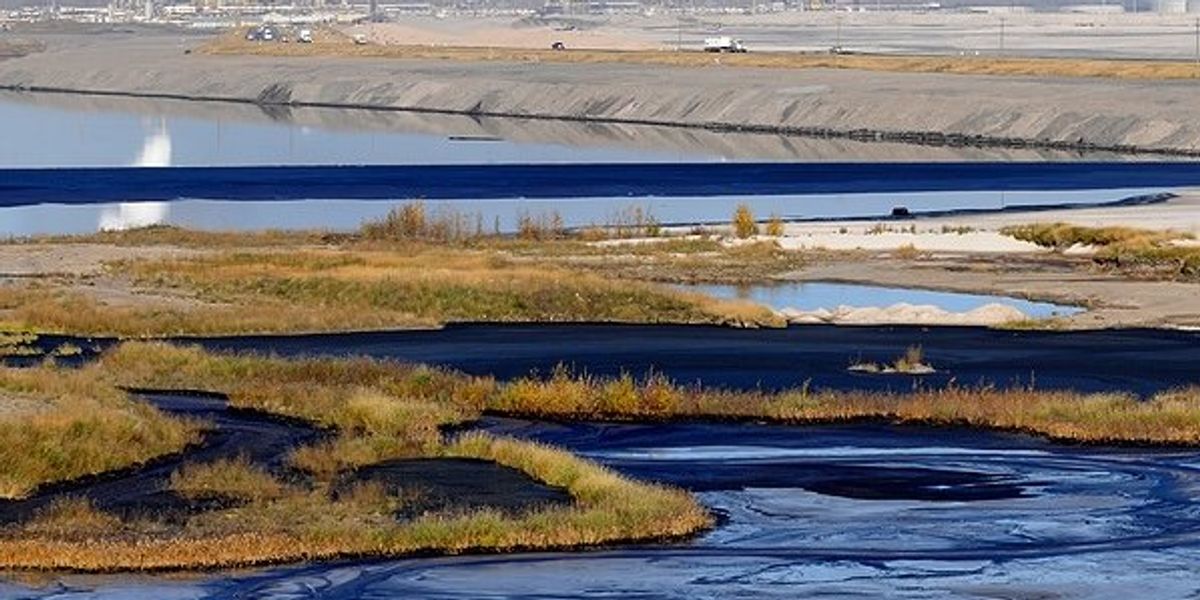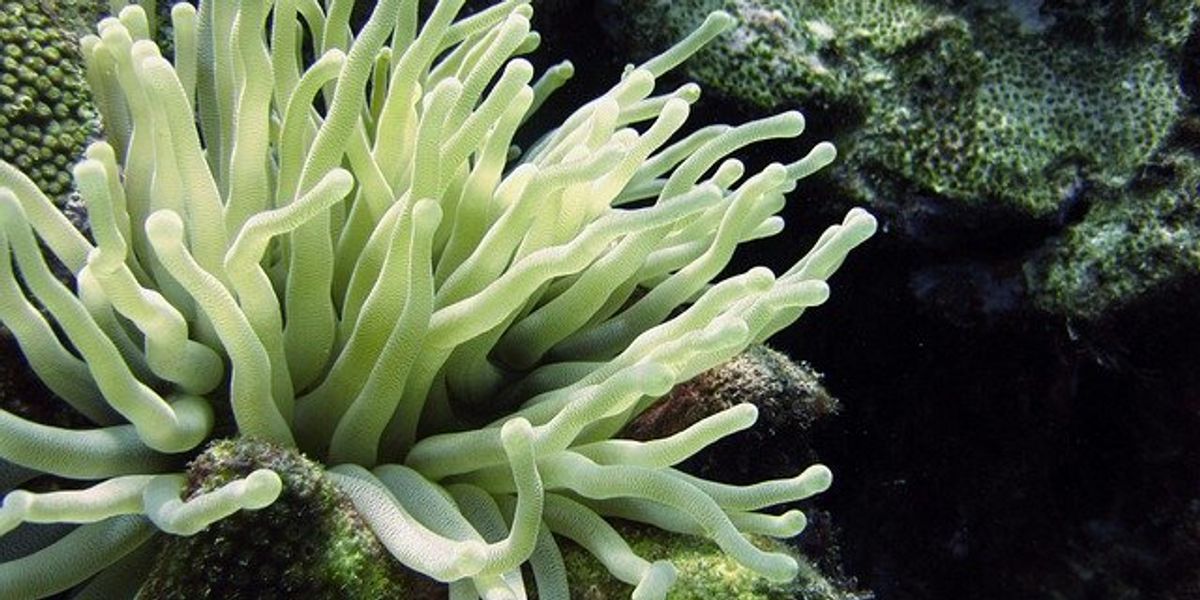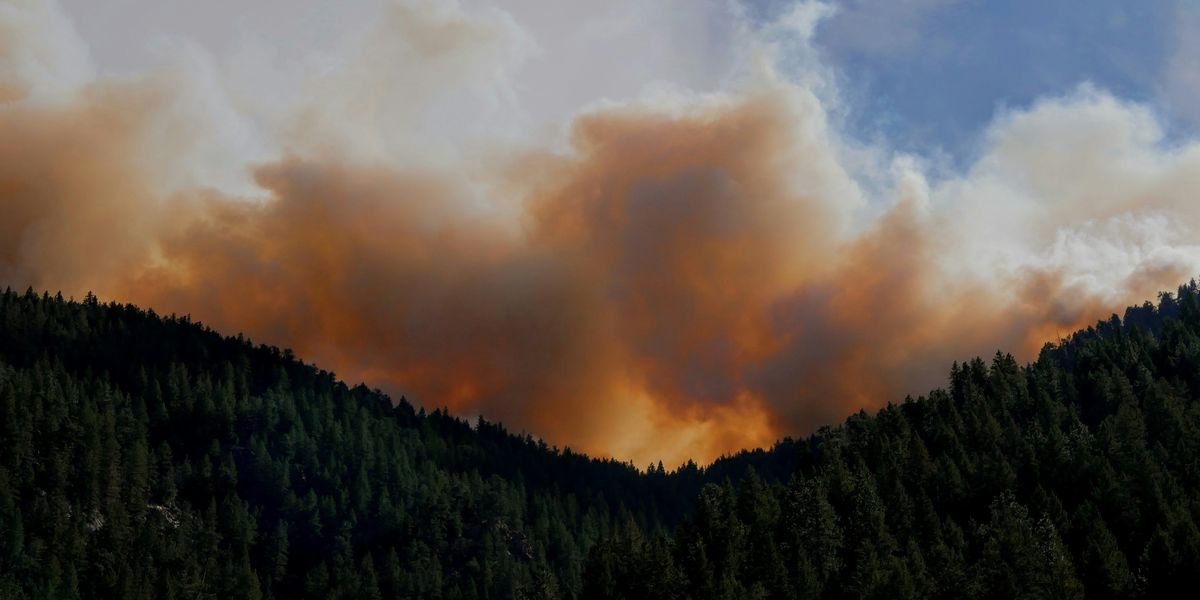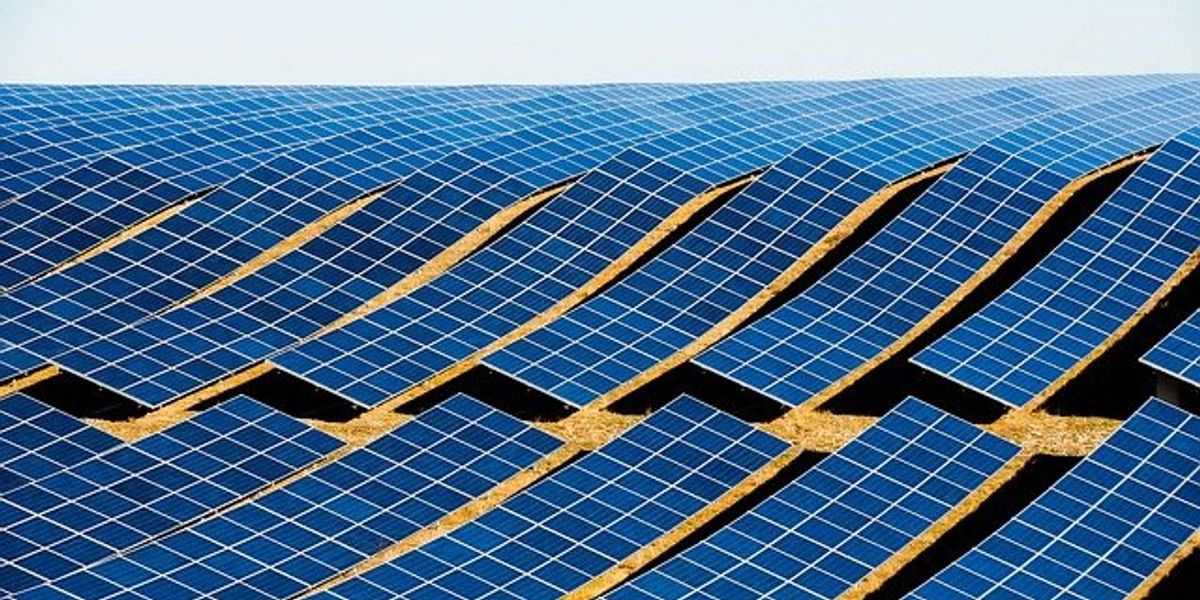babies
Hurricane Ian disrupts IVF treatment for Florida couple
A Florida couple's hopes for a baby were shattered when Hurricane Ian forced the cancellation of their long-awaited IVF procedure.
In short:
- Kirsti and Justin Mahon had spent years and significant financial resources on IVF to overcome infertility.
- Their final embryo transfer was canceled due to Hurricane Ian, causing emotional and financial strain.
- IVF clinics, like many infrastructures, are vulnerable to climate change-induced storms, complicating already delicate procedures.
Key quote:
“Clearly, climate change means you are having more extreme weather events, and [I] think that, like every other part of society, from homeowners to hospitals, fertility clinics have to think a bit more about how they can build more resilient systems.”
— Scott Tipton, chief advocacy and policy officer with the American Society of Reproductive Medicine
Why this matters:
Climate change is intensifying storms, disrupting critical medical treatments like IVF. As extreme weather events become more frequent, the need for resilient healthcare infrastructure grows, impacting the emotional and physical well-being of vulnerable individuals and families.
Rising heat waves pose increasing risk of preterm births
Extreme heat significantly raises the risk of preterm births, with severe impacts on marginalized communities.
Virginia Gewin reports for Grist. This article is part of a series in partnership with Vox and The 19th.
In short:
- Research indicates that high temperatures correlate with increased rates of preterm births, particularly affecting Black mothers.
- Global climate change intensifies heat waves, exacerbating maternal health disparities and increasing risks of pregnancy complications.
- Systemic racism and inadequate access to healthcare and green spaces amplify these health risks in marginalized communities.
Why this matters:
As climate change worsens, extreme heat will increasingly threaten maternal and fetal health, especially in vulnerable populations. For expectant mothers, prolonged exposure to extreme heat can lead to dehydration and increased core body temperature, both of which are stressors that may trigger preterm labor. Babies born prematurely face a higher risk of complications, including respiratory issues, developmental delays, and long-term health problems.
Opinion: Could extreme heat make it harder to breastfeed?
We need more research on the impact of environmental factors, writes Brianna Clark, an osteopathic physician and certified lactation counselor.
‘91% deaths of preterm babies in low and middle-income nations due to air pollution’
High income countries make the greatest contribution to climate change but the people who have contributed least to the crisis are the most hit, with 91 per cent deaths of preterm babies related to air pollution occurring in low and middle income nations, says a report by UN agencies.
How do heavy metals like lead get in baby food?
How climate change is impacting people's decision to have kids in different ways
Is having fewer kids the answer to the climate question?
Research suggests that the single biggest thing anyone can do to reduce their impact on the environment, and the climate, is to choose to have one less child. But that simple solution is complicated by thorny economic, ethical, social and political issues.



















